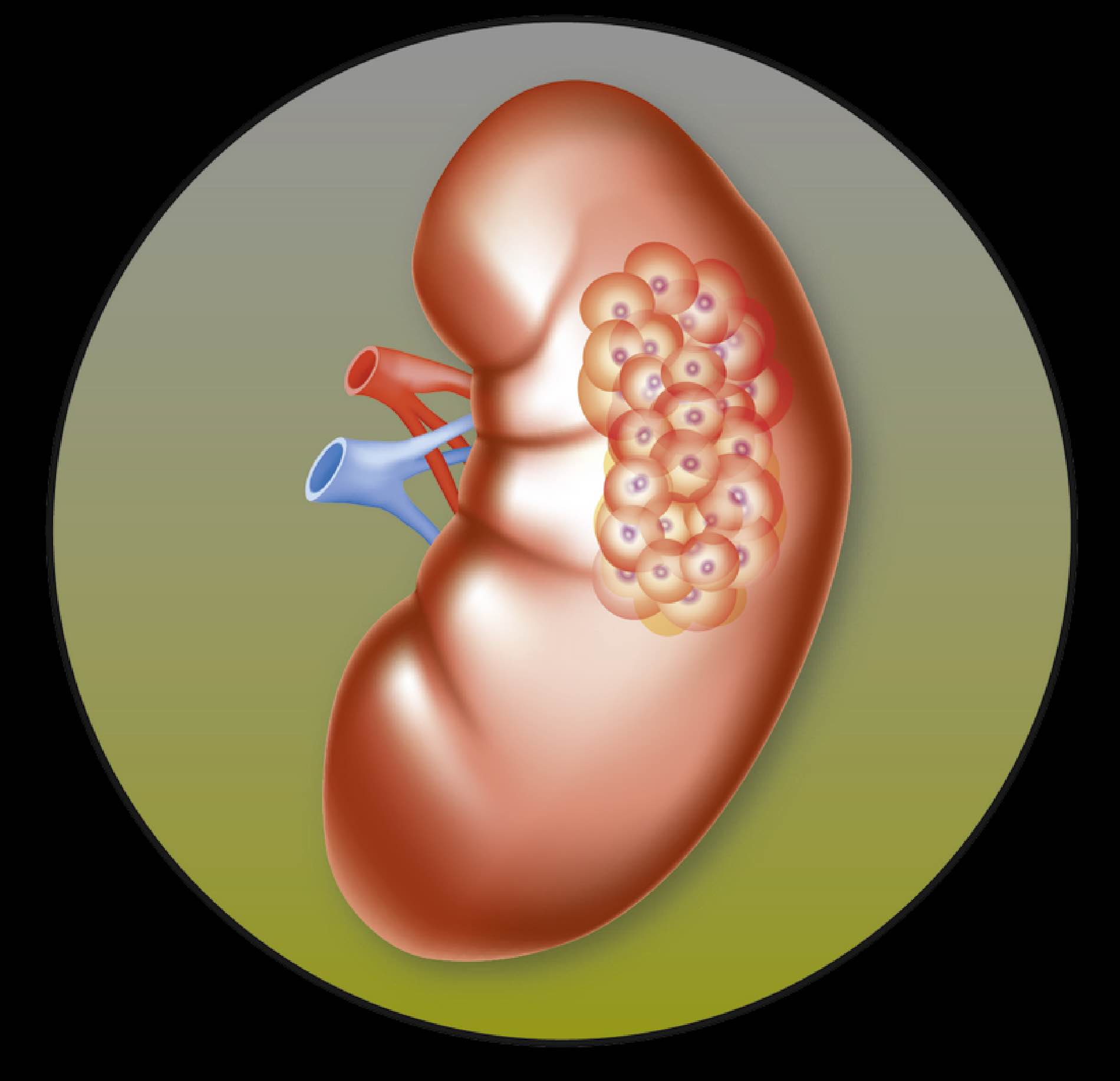Share this Page:
Small renal masses are areas of abnormal tissue growth in the kidney that show up on scans. They are treated as if they are kidney cancer, unless proven otherwise. They are relatively small (less than 4 cm in diameter) when first discovered. Around 20% of small renal masses are found to be benign (non-cancerous) tumours, and the diagnosis is usually made after surgery.
Having a small renal mass that could potentially be malignant (cancerous) can affect your quality of life and cause psychological distress. This is an important aspect of the daily life for people with small renal masses.
The aim of this study was to take a look at the available literature about quality of life and psychological distress in patients with small renal masses. Various scientific papers were reviewed and included in the analysis if they had at least 10 patients with small renal masses, were published in the last 20 years, and assessed quality of life or psychological distress in people who had active surveillance compared to those who had surgery or ablation of their tumour.
The people who had active surveillance were older and had smaller renal masses than those who had surgery or ablation. One study showed the people who had surgery had better quality of life than those who had active surveillance for up to 3 years after treatment. This was mainly due to poor physical health. Another study showed that people who had active surveillance with a tumour that had been proven to be cancer using a biopsy had worse psychological distress compared to patients treated with surgery/ablation after biopsy.
From this study it seems that there is an influence on quality of life and psychological distress while on active surveillance of small renal masses. However, due to the low amount of available data, the impact of active surveillance or surgery on quality of life or psychological distress of people with small renal masses needs further investigation.















